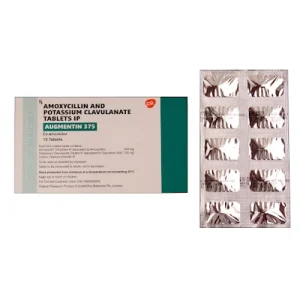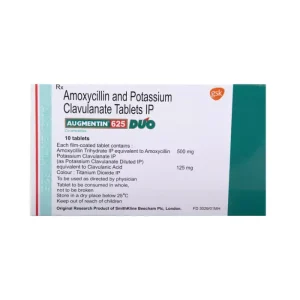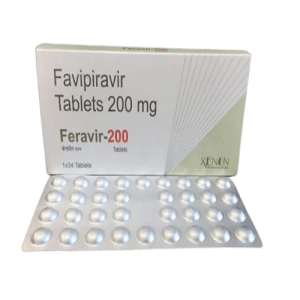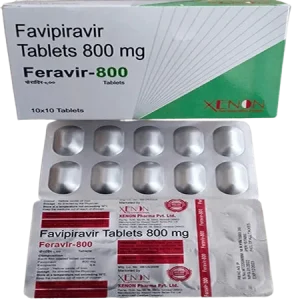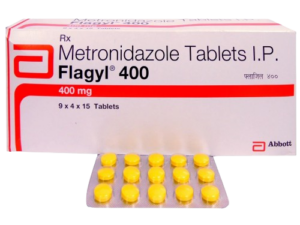VIRAL CARE
Buy Antiviral Medications at Affordable Prices
Note: Antiviral medications are prescription drugs that should only be taken under the supervision of a qualified healthcare professional. Always consult your doctor before starting, changing, or stopping any antiviral treatment. These medicines are designed to fight specific viruses, and using them without medical advice can lead to reduced effectiveness or unwanted side effects.
Showing 1–16 of 36 results
What are Antiviral Medicines?
Antiviral medications are drugs that help prevent viruses from multiplying in the body. Unlike antibiotics, which target bacteria, antivirals work against viral infections such as influenza, herpes, HIV, hepatitis, and more.
These medicines do not always kill viruses outright; instead, they slow down or stop their growth, giving your immune system time to fight the infection more effectively. Some are used for treatment, while others are taken as a preventive measure for high-risk individuals.
How Do Antiviral Medications Work?
Antiviral drugs target different stages of the viral life cycle. Depending on the type, they may:
- Block viral entry into healthy cells.
- Stop viral replication inside cells.
- Prevent virus release from infected cells, reducing the spread.
- Boost immune response to help fight the infection.
For example, an antiviral for flu works by stopping the influenza virus from spreading inside the respiratory system, which shortens recovery time and reduces symptoms.
Benefits of Antiviral Medicine Treatment
Using antiviral medications under medical guidance can provide several benefits:
- Faster recovery from certain viral infections.
- Reduced severity of symptoms like fever, fatigue, or body aches.
- Lower risk of complications such as pneumonia in flu patients.
- Prevention of transmission to others in some cases.
- Control of chronic viral infections, such as HIV or hepatitis, improving long-term health.
In certain situations, antivirals are considered the best medicine for viral infection, especially when quick intervention is needed.
Necessary Precautions to be Taken
Before starting antiviral treatment, keep these precautions in mind:
- Inform your doctor about any existing health conditions, such as liver or kidney problems.
- Share a list of all medicines and supplements you are taking to avoid harmful interactions.
- Follow the exact prescribed dosage– do not skip or double doses.
- Avoid self-medicating; antivirals are specific to certain viruses.
- Pregnant or breastfeeding women should only take antivirals after medical advice.
FDA-Approved Medical Uses of Antiviral Medicines
The FDA has approved various antiviral medications for:
- Influenza (Flu)– to reduce symptoms and shorten illness duration.
- HIV/AIDS– to manage viral load and improve immune function.
- Hepatitis B and C– to control or clear the virus from the body.
- Herpes infections– to reduce outbreaks and severity.
- COVID-19– certain antivirals are authorized for emergency use in specific cases.
When prescribed as an antiviral for flu, treatment should ideally start within 48 hours of symptom onset for maximum effectiveness.
Possible Side Effects of Antiviral Medication
Like all medicines, antiviral medications can cause side effects. These vary depending on the specific drug and dosage but may include:
- Nausea or vomiting
- Headache
- Dizziness
- Fatigue
- Abdominal discomfort
- Mild skin rash
Serious side effects are rare but can occur. If you experience difficulty breathing, severe allergic reactions, or unusual symptoms, seek medical attention immediately.
Drug Interactions
Antiviral medicines can interact with other drugs, which may affect their effectiveness or increase side effects. Common interaction concerns include:
- Blood thinners– risk of increased bleeding.
- Immunosuppressants– may weaken immune response further.
- Certain antibiotics or antifungals– can alter how antivirals are processed in the body.
To avoid issues, always inform your healthcare provider about all medicines, supplements, and herbal remedies you are taking.
FAQ
Antiviral medicines are used to treat viral infections such as influenza (flu), herpes, HIV, hepatitis B and C, and COVID-19. They work by slowing down or stopping the virus from multiplying, helping your body’s immune system fight the infection more effectively.
No. Antibiotics target bacteria, while antivirals are designed specifically to fight viruses. Using antibiotics for viral infections will not help and may lead to antibiotic resistance.
Not always. Some antivirals, like those for hepatitis C, can cure the infection. Others, such as HIV medications, control the virus and keep it from multiplying but do not eliminate it completely.
Depending on the type, antivirals may block a virus from entering healthy cells, stop it from replicating, prevent its release from infected cells, or boost the immune system’s response.
For flu treatment, antivirals should be started within 48 hours of the first symptoms for best results. They help reduce the duration and intensity of flu symptoms.
Medical Disclaimer
This information is for educational purposes only and should not replace professional medical advice. Always speak to your doctor before starting antiviral medications. The effectiveness and safety of these drugs depend on your specific health condition, virus type, and prescribed dosage.



